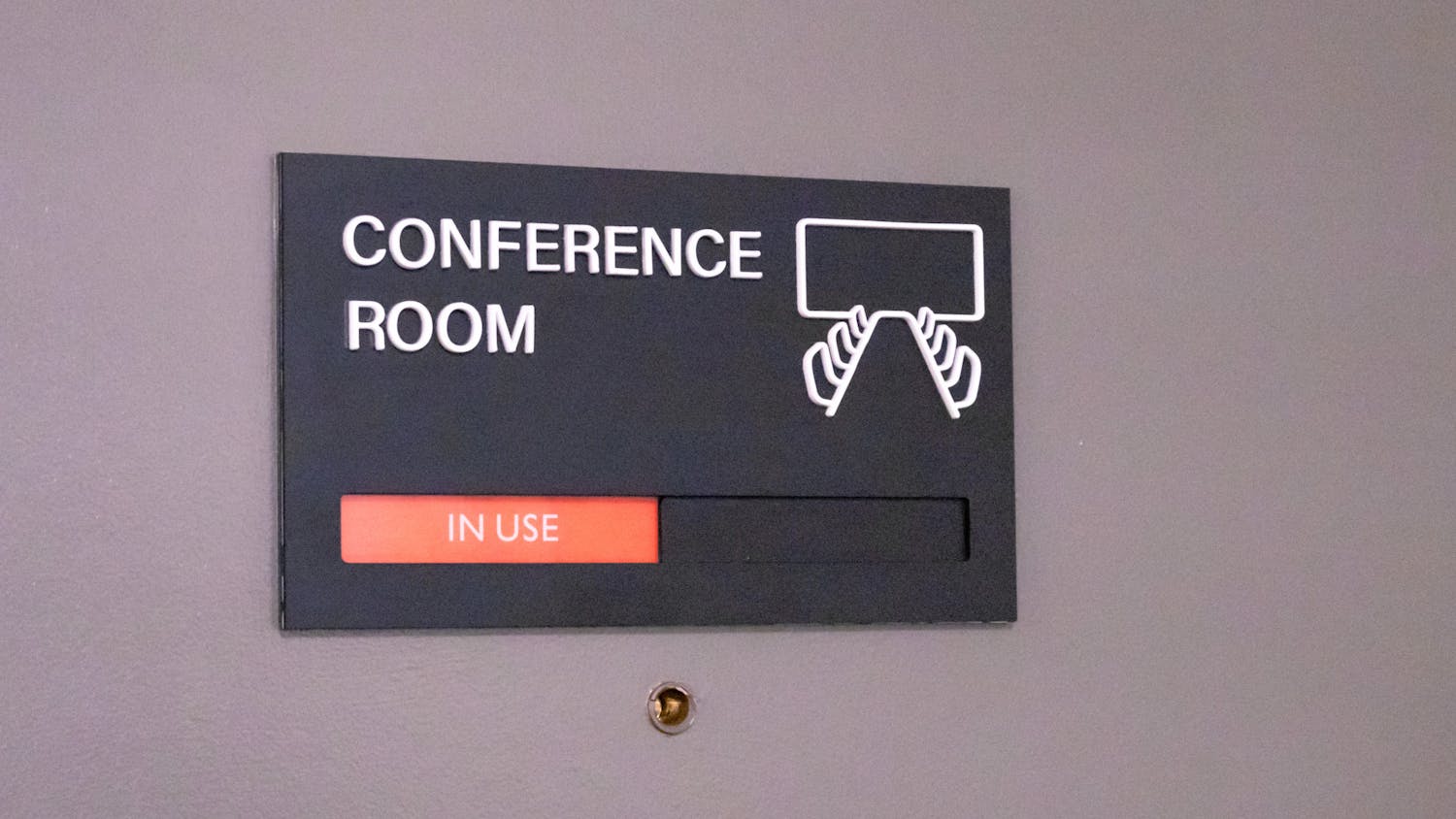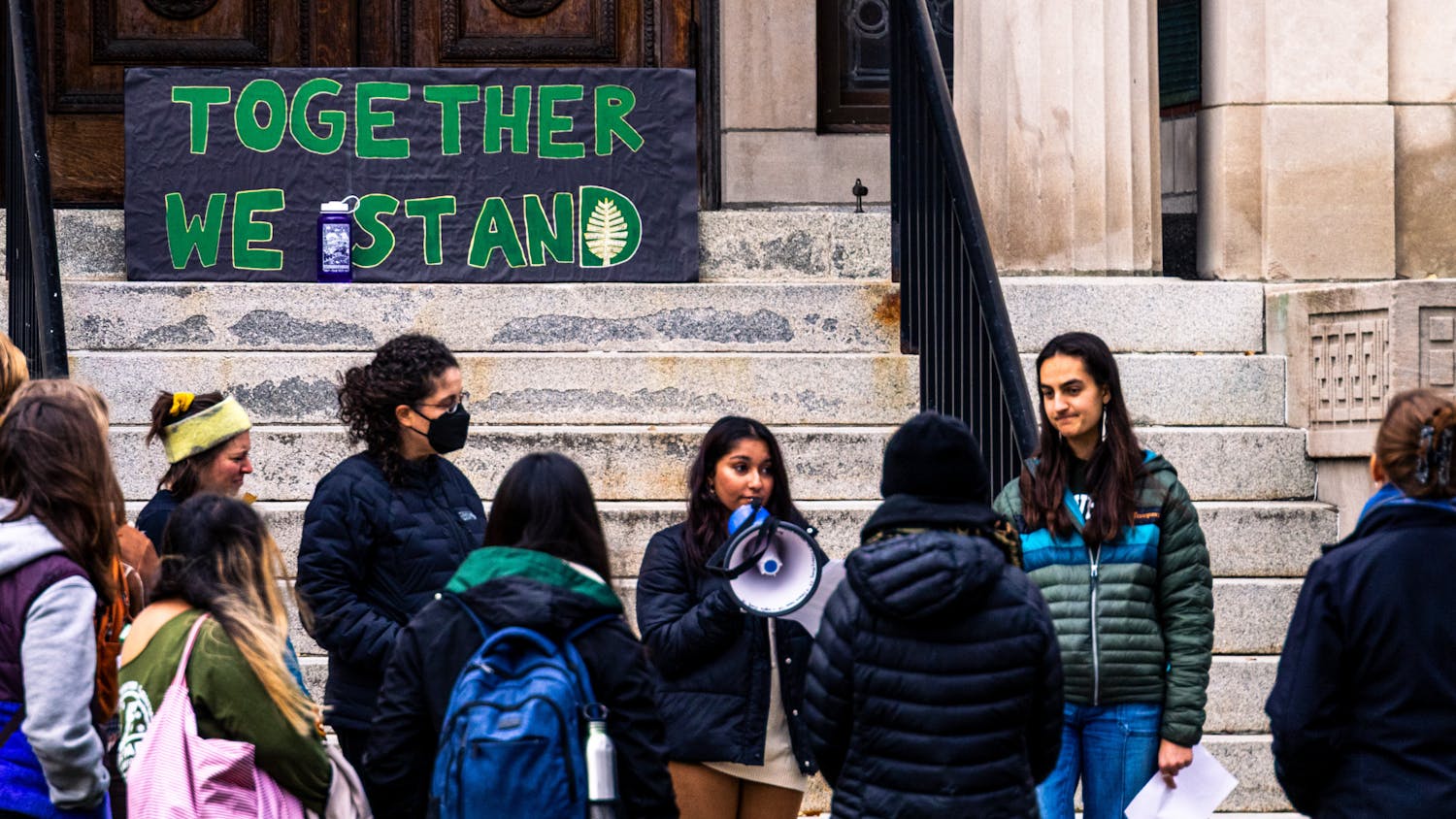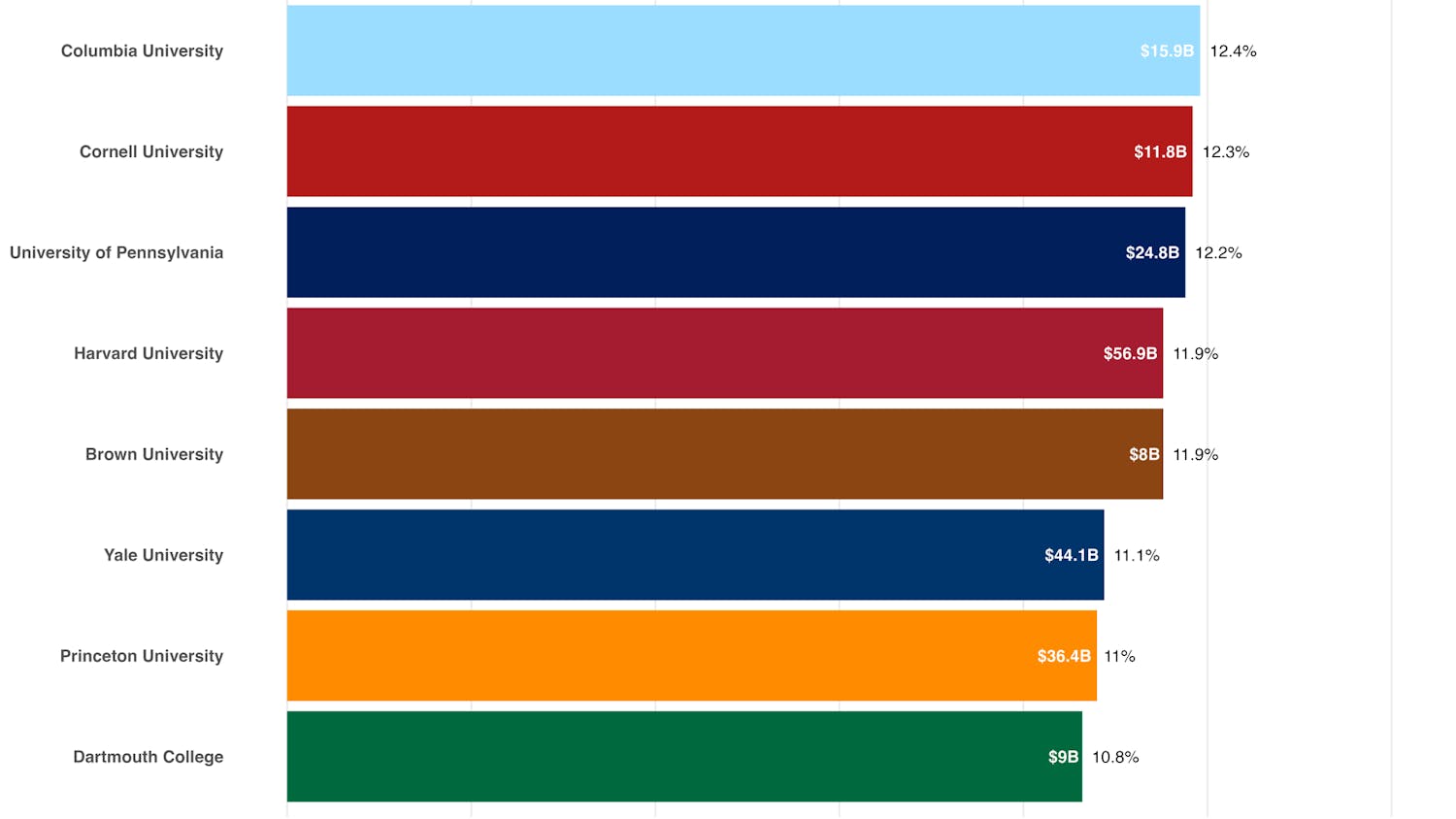When do divorcing heterosexuals and gay-marriage activists have something in common?
When they do battle with the New Hampshire Supreme Court, one might say.
Dartmouth economics professor David Blanchflower was denied a legal divorce from his wife on the grounds that she committed adultery by the state's highest court last week. Because she had sex with another woman, her actions could not constitute adultery, the Court said.
The Supreme Court reversed the decision of the Lebanon Family Court in an opinion issued Nov. 7, citing definitions of "adultery" and "sexual intercourse" obtained from a Webster's dictionary. The statute on New Hampshire's books pertaining to adultery did not contain a definition.
Justices siding with the 3-2 majority further cited State v. Wallace, heard in 1838, which stated "Adultery is committed whenever there is an intercourse from which spurious issue [persons born out of wedlock] may arise."
Some felt that the Court's decision demeaned the value of gay relationships. Boston's Gay & Lesbian Advocates & Defenders submitted a brief supporting professor Blanchflower's position. The definition of adultery should not depend on the physical anatomy of the extramarital partner, the brief said.
Justice Joseph P. Nadeau, writing for the majority, defended the Court. "This appeal is not about the status of homosexual relationships in our society or the formal recognition of homosexual unions," he said.
The majority opinion stated that their decision was based solely on an attempt to remain in strict accord with statute RSA 458:7, rather than to render an opinion on same-sex relationships. According to the statute, "a divorce from the bonds of matrimony shall be decreed in favor of the innocent party for any of the following causes: ... II. Adultery of either party."
As the statue does not define adultery, the justices consulted a Webster's dictionary. The definition contained the phrase "voluntary sexual intercourse," which the justices sought to clarify.
They found it to be premised on the word "coitus," which was defined as "insertion of the penis in the vagina."
The justices in the majority therefore surmised that, by Webster's definition, the insertion of a penis into a vagina must take place in order for adultery to be assessed.
Their decision denied professor Blanchflower the right to receive a fault-based divorce from his wife. "The purpose of permitting fault-based divorces is to provide some measure of relief to an innocent spouse for the offending conduct of a guilty spouse," wrote the dissenting Justices, Chief Justice David A. Brock and John T. Broderick, in the Court opinion.
Lesbian and gay rights advocates were also following the case.
"We believe that gay people should have the same protections, responsibilities, support and rules as non-gay people, and in general, the law should treat same-sex relationships and couples the same as different-sex, relationships. No better and no worse," said Evan Wolfson, executive director of Freedom to Marry.
Wolfson said he thinks that gay people should not only have the same benefits of marriage afforded to heterosexuals, but should be punished equally under the law. Therefore, a same-sex affair should not be exempted from laws punishing opposite-sex affairs.
The dissenting justices also said that same-sex extramarital relationships should be equal under the law.
"From the perspective of the injured spouse, the very party fault-based divorce law is designed to protect, [an] extramarital relationship ... is just as devastating ... irrespective of the specific sexual act performed by the promiscuous spouse or the sex of the new paramour," they wrote.
The minority justices referred to courses tried in Georgia in 1979 and in South Carolina in 1991, where extramarital affairs of either a homosexual or heterosexual nature were found to constitute adultery.
"I don't think that our understanding of equal treatment should revolve around what dictionaries say, because dictionaries are written to reflect societies," Wolfson said.
"There was a time when dictionaries defined marriage as a man purchasing a woman. But of course there are many ways in which the laws have not yet kept pace with the ways people live their lives," he added.



